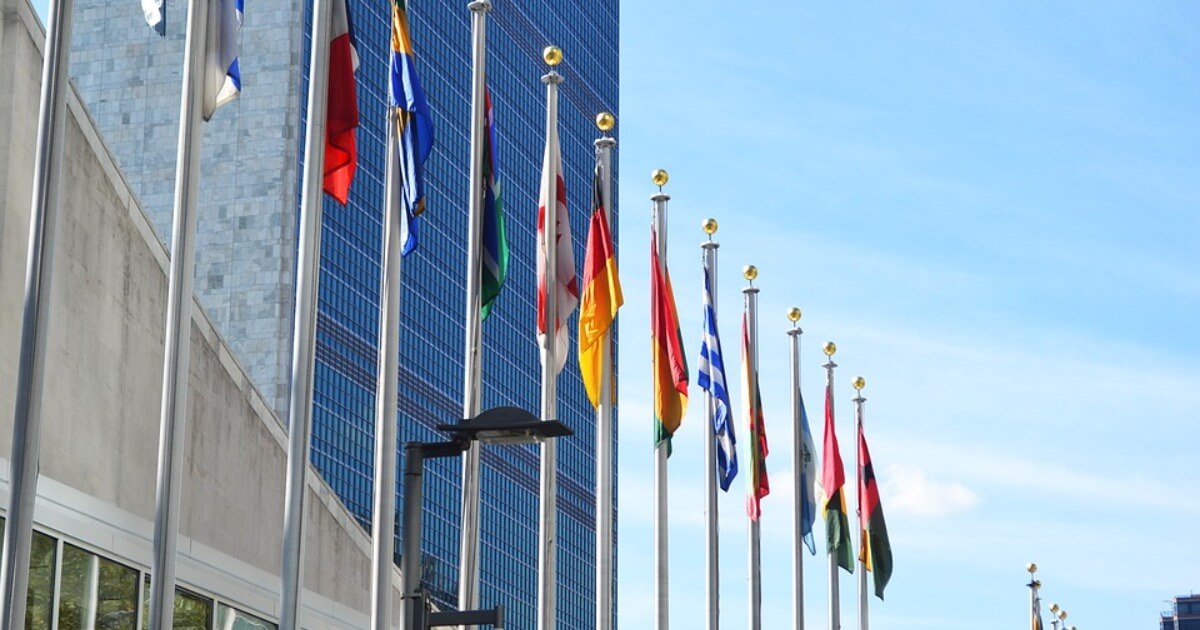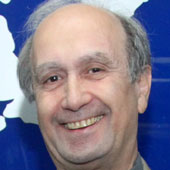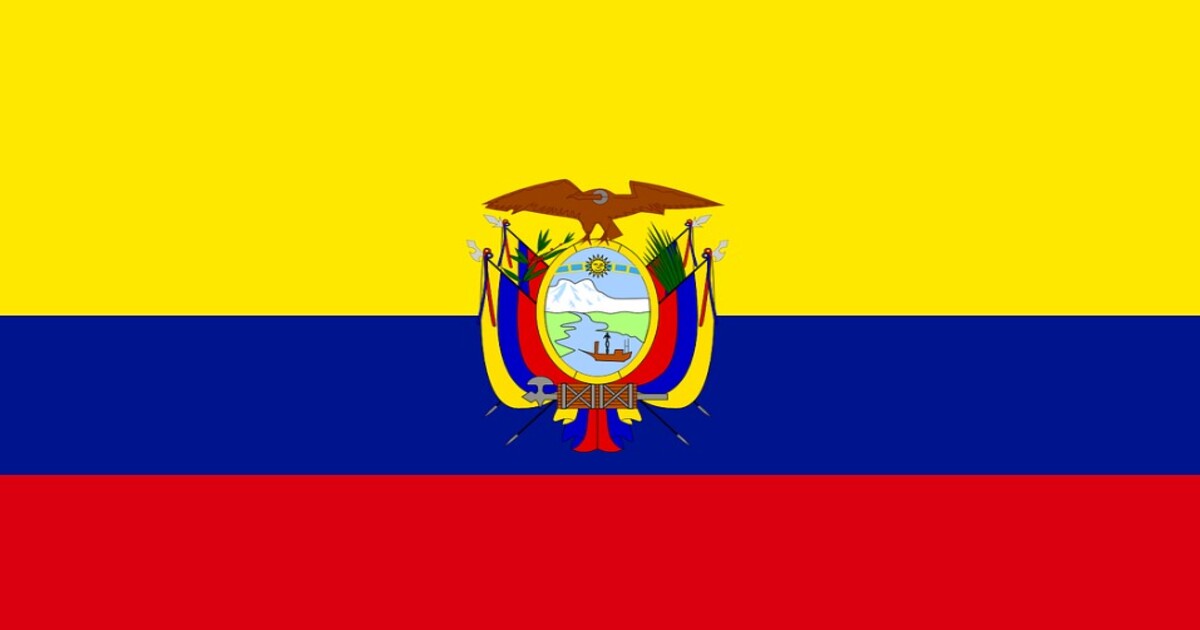The UN to the Rescue?
Why the world should pay attention to the 2025 UN conference on Financing for Development.
January 22, 2024

Even absent major armed conflicts reaching Europe in February 2022 and the Gaza Strip in 2023, the political, economic and social ties of globalization have been considerably weakened.
Three years marked – and marred by – the pandemic and the dimmed commitments to collective action to stem global warming have left their mark.
In addition, the realization is spreading that globalization’s benefits had been exaggerated. The massive waves of people moving toward richer countries, whether the United States or in Europe, is not an accident.
Key issues to be tackled
Here is a short list of key issues that beg to be addressed:
1. G20 and debt crises: Quo Vadis?
The G20-led process for resolving sovereign debt crises launched in November 2020 has thus far failed, despite multiple efforts to fix it. More than the traditional players are involved. New approaches seem to be required.
2. WTO: Trade policy impasse?
Unilateral trade impediments have mushroomed, while the WTO dispute settlement process seems stymied and important multilateral trade negotiations have stalled. Is the WTO as currently configured fit for purpose?
3. OECD: More equitable and effective taxation?
The OECD “inclusive framework” for more equitable and effective taxation of multinational enterprise is stalled and is anyway widely regarded as not in the best interest of developing countries. (indeed, the General Assembly is launching work toward a greater role for the UN in negotiating global tax cooperation policy).
4. IMF: How ambitious a mandate?
Few would have believed even a short while ago, but the IMF has become the most dynamic of the international financial organizations. This includes its foray into longer-term lending that, some have challenged, is beyond its statutory mandate.
To top it off, the IMF is also facing critics on apparent contradictions between its 2019 strategy on social spending and the fiscal austerity programs of member countries that it endorses.
5. International development banks: Which way to turn?
There seems agreement that the international development banks need to substantially increase their long-term lending in order to meet pressing global environmental and health challenges.
The banks need to accomplish this without abandoning their development financing mandates. However, there is no agreement in sight on how exactly to enable that increased lending.
6. Global fairness and emergency international financing
Temporary international financing was mobilized to assist countries in confronting the COVID 19 pandemic. However, the world needs to do better next time, especially for assisting the lowest-income countries.
Among the relevant proposals is one reformulating issuance of the “special drawing rights” at the IMF, which would require a new amendment to its Articles of Agreement. That would be a heavy lift in the best (or worst?) of times.
7. Global savings and investment, but for what purpose?
There seems to be agreement that just a modest portion of the accumulated global private savings would suffice to meet the investment needs for a sustainable planet.
However, despite numerous enticements, the world lacks enough investment in climate change mitigation and adaptation, as well as in building resilient and adequate systems of public health, education and social protection, which the world needs now and for when we are hit by the next global emergency.
Incentives have been generous, but responses hesitant. Are we missing something?
A role for the UN?
In many quarters, there is increasing cynicism about the role of the United Nations in solving the many global problems.
I find this criticism unwarranted because other institutions, governments as well as the private sector globally struggle with just the same issues – and also often fail to resolve them, at least sufficiently.
The way in which the UN does play a useful role in this wider process is that, from time to time, the world’s governments and others meet at the UN to take stock of the global economic and financial system in a series of meetings called “Financing for Development.”
An opportunity for clear collective thinking
Last December, the UN General Assembly decided to begin organizing for the fourth FfD conference, to be held in Spain in 2025. The idea is to use the event as a practical and collaborative forum to tackle the issues listed above.
In setting the agenda for FfD4 during the course of 2024 and into 2025, representatives of UN Member States, international institutions, business and civil society organizations will have ample opportunity to assess problems, identify issues where consensus seems attainable, identify quid-pro-quos and tradeoffs and build constituencies to deliver the consensus.
The FfD4 approach is to ask critical questions rather than promoting grand, but ultimately impractical or flawed solutions.
Conclusion
We undoubtedly live in a complex world with a very short attention span. As a friend once told me, citing the late Indian philosopher Jiddu Krishnamurti:
“To ask the ‘right’ question is far more important than to receive the answer. The solution of a problem lies in the understanding of the problem; the answer is not outside the problem, it is in the problem.”
FfD4 has an opportunity to be the right vehicle for this approach.
Takeaways
Even absent major armed conflicts reaching Europe in February 2022 and the Gaza Strip in 2023, the political, economic and social ties of globalization have been considerably weakened.
Yes, there is increasing cynicism about the role of the UN in solving global problems. But this criticism is unwarranted because other institutions struggle with just the same issues – and also often fail to resolve them.
In setting the agenda for FfD4 during the course of 2024 and into 2025, representatives of UN Member States, international institutions, business and civil society organizations will have ample opportunity to assess global problems.

